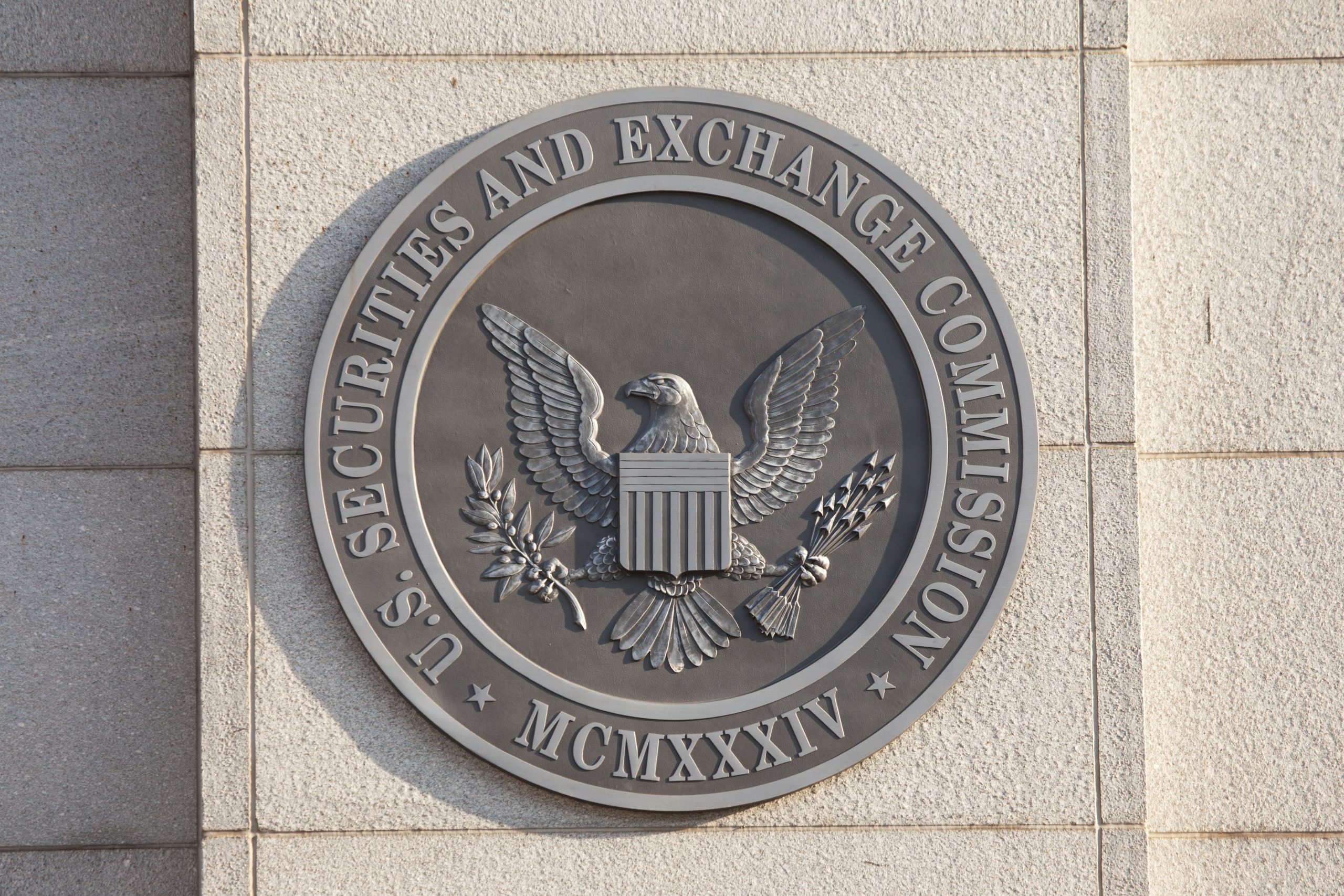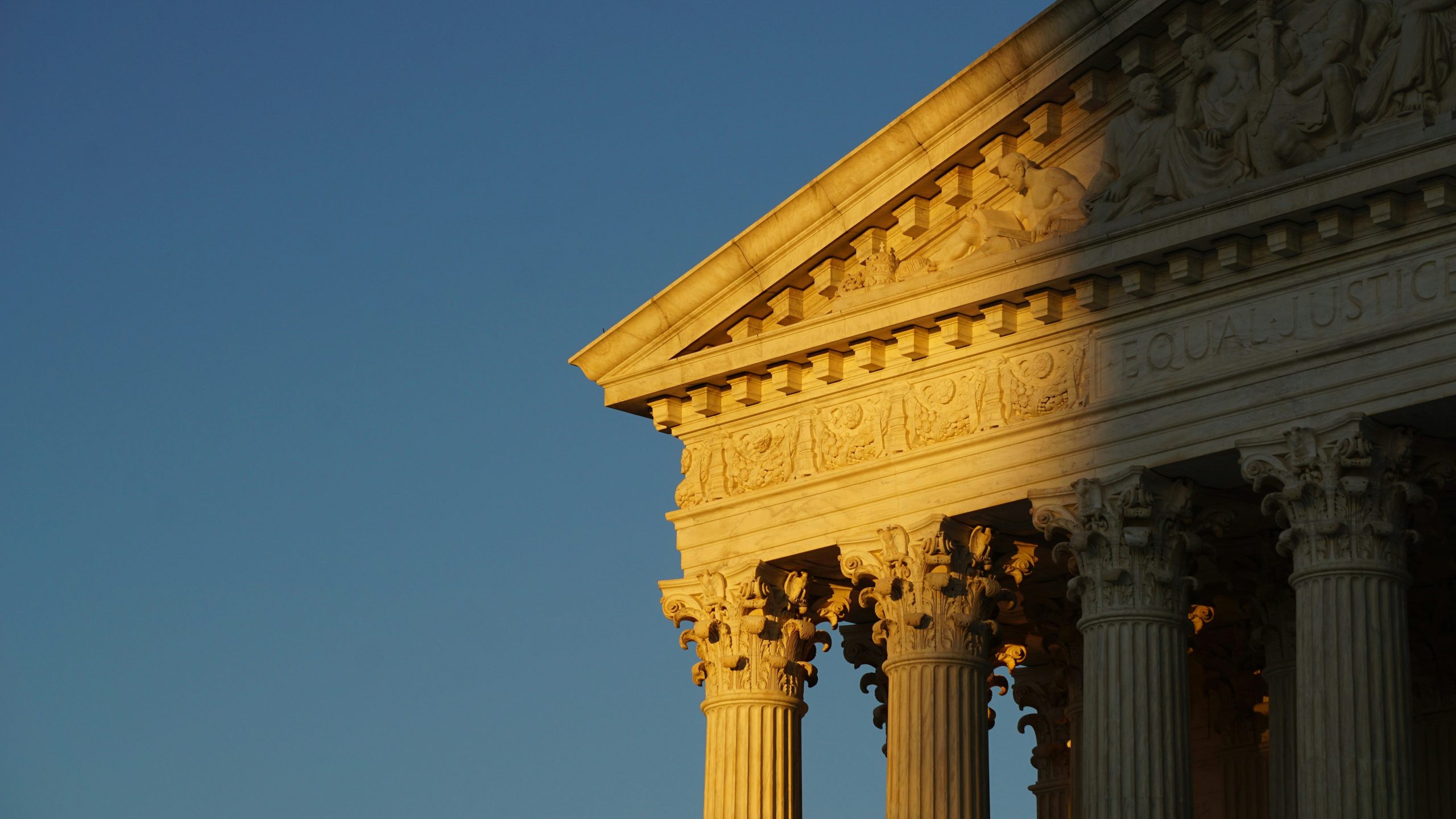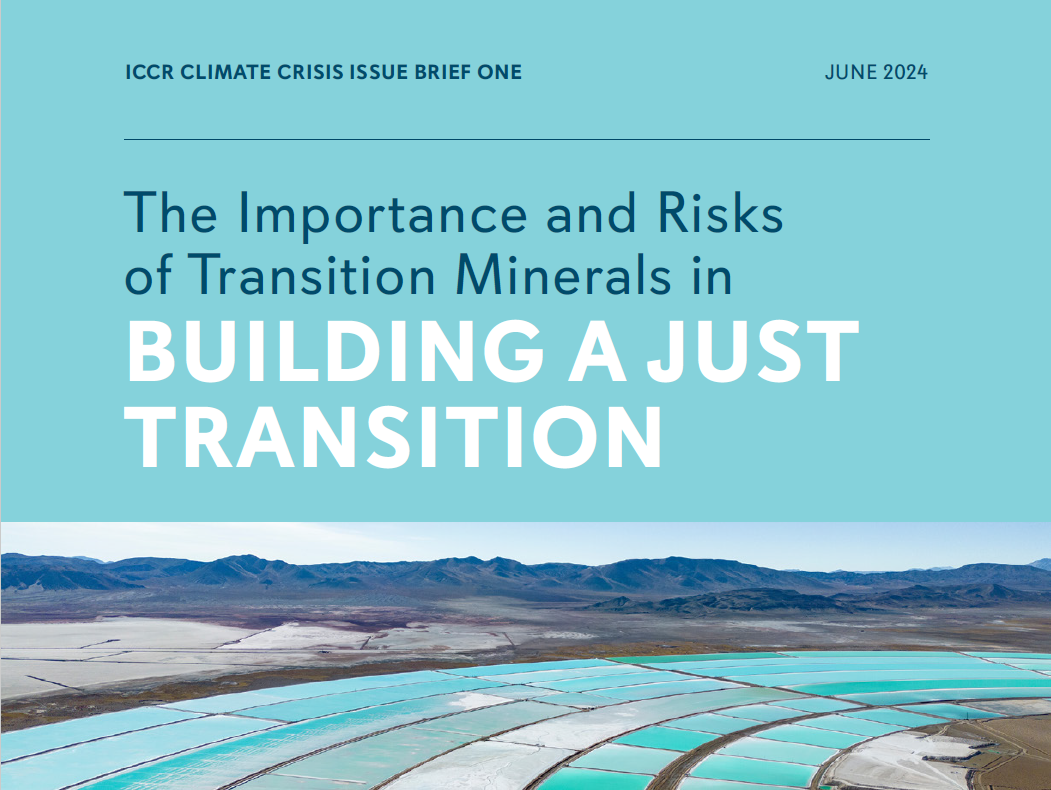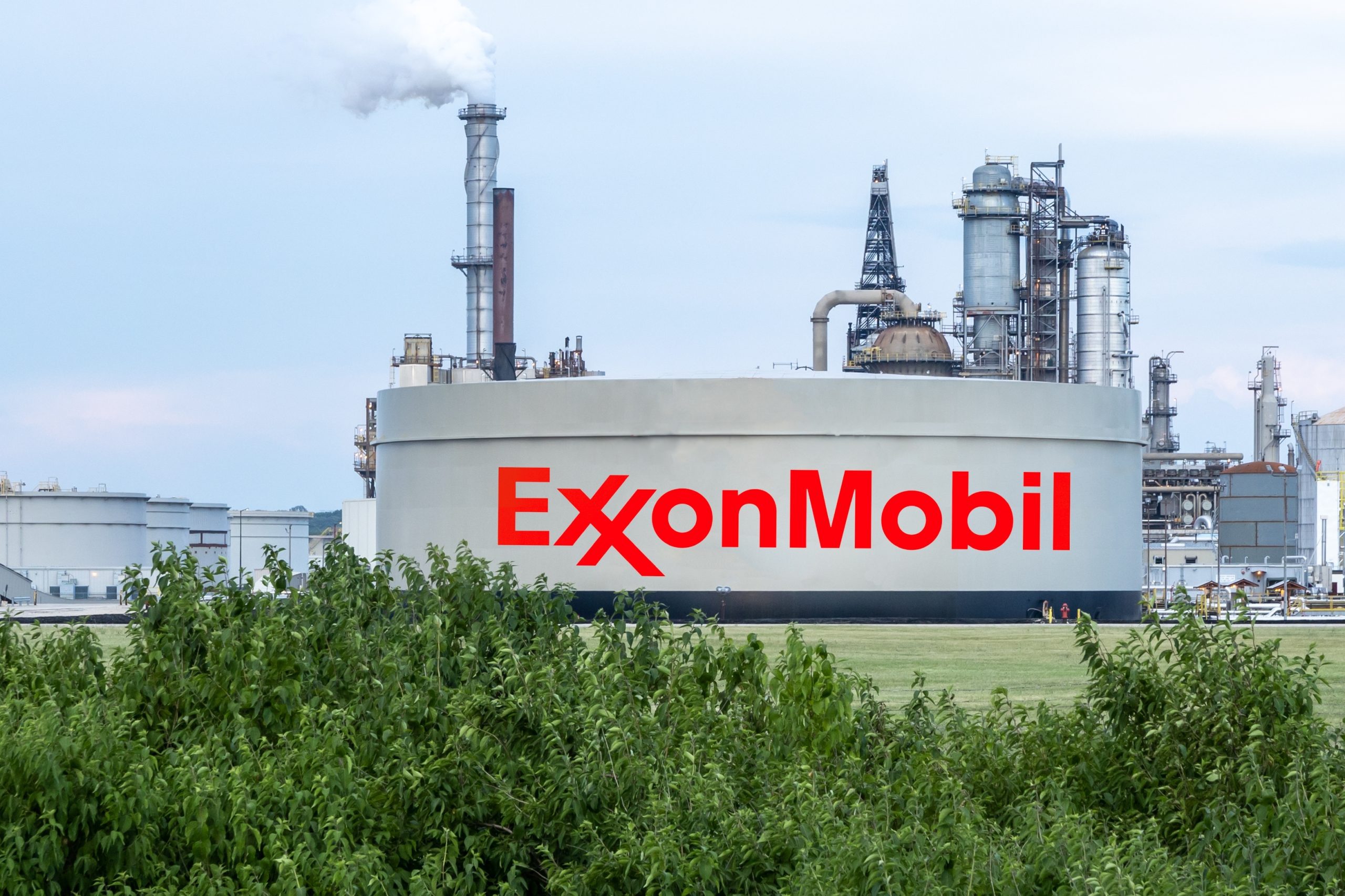ICCR Statement in Response to the SEC’s Rule on Climate-Related Disclosures

CONTACT:
Susana McDermott
Director of Communications
Interfaith Center on Corporate Responsibility (ICCR)
201-417-9060 (mobile)
smcdermott@iccr.org
NEW YORK NY, WEDNESDAY, MARCH 6, 2024 - The Interfaith Center on Corporate Responsibility (ICCR) commends the U.S. Securities and Exchange Commission for issuing a landmark rule on mandatory climate risk disclosure that will provide critical information to investors on risks to their portfolios.
ICCR is a coalition of over 300 institutional investors representing more than US$4T in assets under management that engage their portfolio companies on the long-term and systemic risks of climate change, among other environmental and social impacts.
Investors have made abundantly clear, including in their comments to the proposed rule, that they need mandatory and standardized disclosures so that they can tell which companies are prepared to effectively and proactively manage both the transition to a decarbonized economy (transition risks) and the accelerating physical impacts of climate change (physical risks).
Said Josh Zinner, ICCR’s CEO, “Today, we celebrate that the U.S. financial markets finally have a mandatory climate risk disclosure regime that will begin providing some comparable, decision-useful information to investors. We know well the pressures the Commission faced in launching this rule, and we applaud their sustained commitment for over two years to bring standardization of climate reporting to financial filings. We also know that this won’t be the last climate rule put forward by the Commission, as demand for this information from investors has been increasing exponentially across the globe as the risks from climate change escalate.”
The rule includes many elements that investors have been requesting for years, and which are consonant with TCFD and other disclosures that companies provide: companies’ climate-related risk management, strategy, and governance; the impact of climate change on companies’ financial statements; the details and assumptions backing public climate commitments; and finally, greenhouse gas emissions reporting for Scopes 1 and 2, for large companies and if deemed material by them. These requirements for Scope 1 and Scope 2 disclosure have been weakened from the original proposal, although importantly, there is limited, and eventually, reasonable assurance required.
“We need a strong SEC climate disclosure rule that is useful for investors and does not leave room for greenwashing or backtracking from companies on climate disclosure,” said Lauren Compere of Boston Common Asset Management. “At a minimum, we need mandatory disclosure of Scope 1 and 2 with attestation to have visibility of issuers’ transition and physical risk. Without these elements, it is more difficult to meet our own net-zero targets and properly assess companies’ climate risk and mitigation.”
While ICCR and 97% of investors that commented on the rule all supported the inclusion of Scope 3 emissions in the final rule, Scope 3 reporting is not required by the final rule due to strong opposition from carbon-intensive sectors and their trade associations. We note that some form of Scope 3 reporting for certain companies was also supported by leading financial institutions including Bank of America, Wells Fargo, Vanguard, and State Street.* Studies show that in many key sectors, agriculture, banking and insurance, retail, auto manufacturing, and oil & gas companies among them, the vast majority of companies’ emissions are Scope 3, meaning investors and the financial sector would be missing critical climate risks from these and other similarly configured industries if they are omitted from reporting requirements.
“As the economy pivots to a clean energy future, the SEC’s climate disclosure rule is a critical first step that ensures investors of all sizes will have access to data about corporate and portfolio-level climate risk that is vital to their investment decisions,” said Christina Herman, Senior Director at ICCR. “At the same time, we are disappointed that the SEC chose to remove reporting requirements for Scope 3 emissions from the final rule as they form the vast majority of most company emissions. The overwhelming majority of investors favor disclosure of Scope 1, 2, and 3 emissions, and view this information as critical to understanding risk in their portfolios.”
The financial risks posed by climate change to investors, other market participants, and the economy are real and well-documented by numerous government studies. The Commodity Futures Trading Commission (CFTC) issued a report in 2020 stating that climate change could pose systemic risks to the U.S. financial system, and called for all relevant federal financial regulatory agencies to “incorporate climate-related risks into their mandates and develop a strategy for integrating these risks in their work.”
In March of last year, Treasury Secretary Janet Yellen also issued a stark warning that "As climate change intensifies, natural disasters and warming temperatures can lead to declines in asset values that could cascade through the financial system. And a delayed and disorderly transition to a net-zero economy can lead to shocks to the financial system as well."
“As a universal owner broadly invested in the world financial markets, we are exposed to systemic market risks driven by climate change, which cannot be effectively mitigated through traditional portfolio management strategies,” said Jake Barnett, Managing Director of Sustainable Investment Strategies for Wespath Benefits and Investments. “Because we believe that the effects of climate change will have significant impacts on the real economy, and by extension our portfolios over the long term, investors must have access to mandatory and standardized disclosures to understand if investee companies can demonstrate that they are prepared to proactively and effectively manage these risks to the sustainability of their business operations.”
ICCR’s Comment to the SEC on the Proposed Climate Rule, June 2022
* This sentence has been updated from the original post to indicate more qualified support for the inclusion of Scope 3 emissions disclosures on the part of the named companies.
About the Interfaith Center on Corporate Responsibility (ICCR)
The Interfaith Center on Corporate Responsibility (ICCR) is a broad coalition of more than 300 institutional investors collectively representing over $4 trillion in invested capital. ICCR members, a cross-section of faith-based investors, asset managers, pension funds, foundations, and other long-term institutional investors, have over 50 years of experience engaging with companies on environmental, social, and governance (“ESG”) issues that are critical to long-term value creation. ICCR members engage hundreds of corporations annually in an effort to foster greater corporate accountability. Visit our website www.iccr.org and follow us on Twitter/X (@iccronline), LinkedIn, and Facebook.









